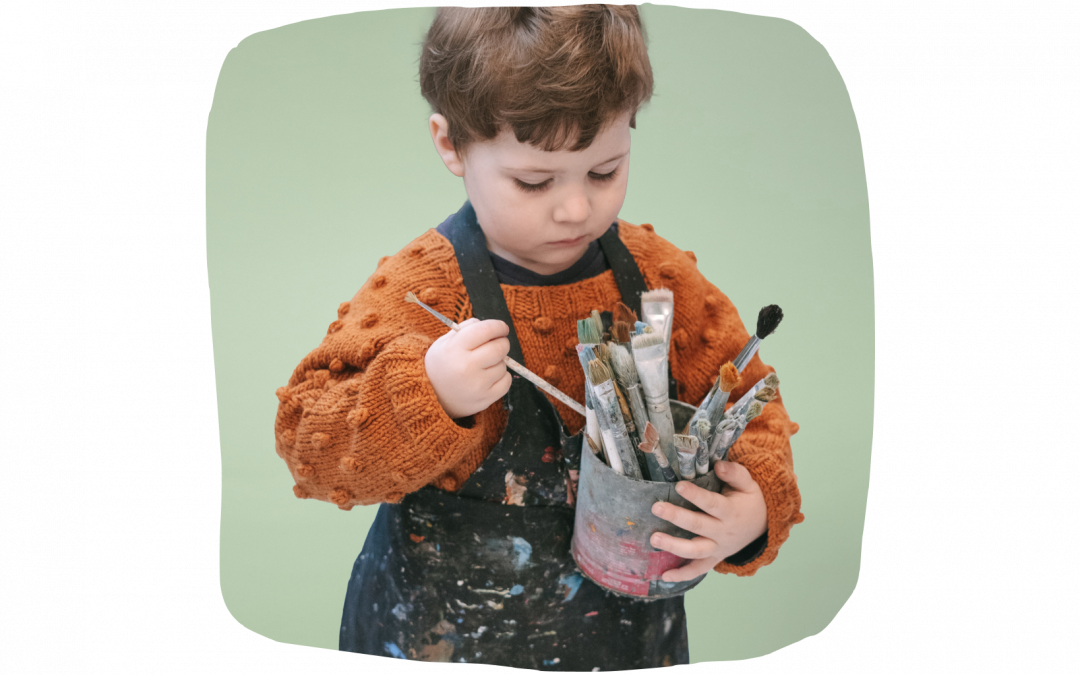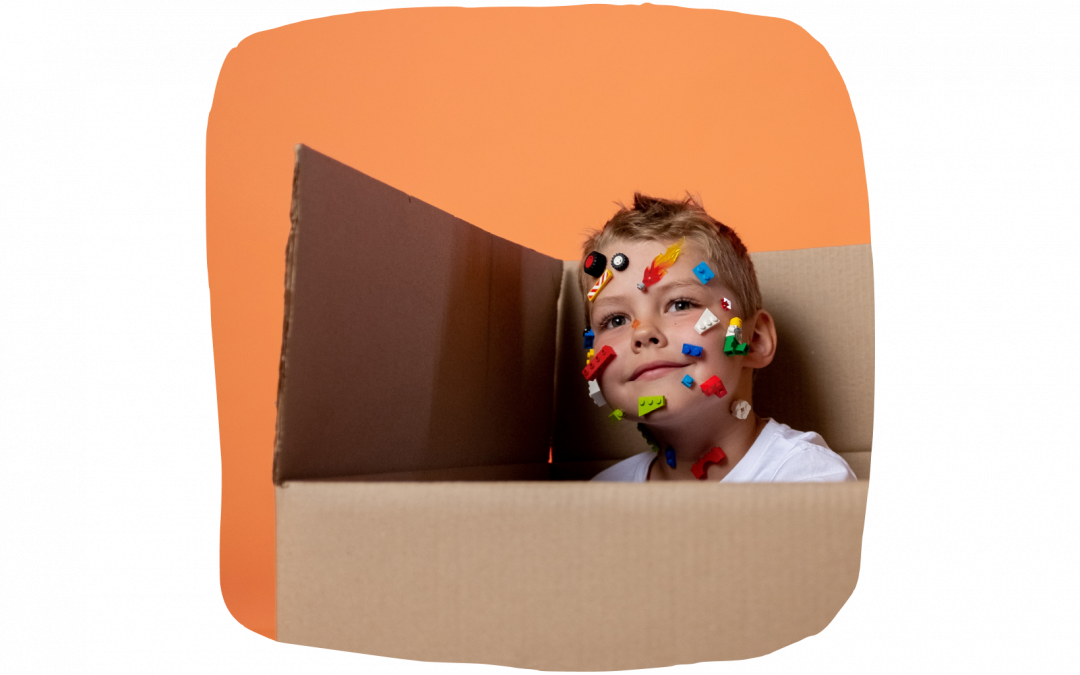Parenting is all about getting kids to cooperate. Have you had your fair share of experiences trying to reason with little ones who don’t want to do what they’re told? While it might seem like your house is the only one in which kids refuse to listen, you’re certainly not alone. The good news? There are plenty of simple yet powerful ways you can get your kids to cooperate, no matter how stubborn they are. Here are some strategies that other parents have found effective:
The first step is to stop and remind yourself that your home life with children can be peaceful and harmonious, despite the way it may feel in the moment.
You can make changes. The first step is to stop and remind yourself that your home life with children can be peaceful and harmonious, despite the way it may feel in the moment. Kids are wired to be cooperative—they just need help figuring out how to do so.
When you come to your child with a request, proceed with a relationship-building action first.
- Ask about their day, their interests, and their friends.
- Ask about their favourite subject in school or what they’re learning about right now.
- Ask about their favourite activity—it could be swimming, playing soccer with a friend, or reading a book that you’ve read together before.
- Ask about their favourite food and if there’s anything new that they want to try this week.
- Ask about what TV shows they like to watch (and then make sure to watch those next time you’re sitting down together).
Give your child the chance to acclimate to the idea of leaving the activity or completing a task before you ask them directly.
- Don’t interrupt your child when he’s engaged in an activity that he enjoys, especially if it involves another person.
- Don’t demand that your child leave his play and do what you want him or her to do; instead, calmly let him know that it’s time for dinner and then take away something from his busy playtime (like toys).
- Don’t nag—it makes kids feel like they’re being scolded rather than just asked nicely for something small (like putting dishes away).
- Don’t make demands—instead say things like “I would really appreciate it if…” while making eye contact during conversation. This can help convey that you mean business without coming across as harsh or demanding in any way!
Comment or ask about what your child is enjoying then offer to join.
Ask about what your child is enjoying and offer to join. Asking about what your child is interested in can be a good way to get them talking, but it also has the benefit of getting them more engaged with you as well. In fact, if you are not sure how to begin a conversation with your child, there’s no better place than asking questions related to their interests and activities!
Here are some examples of questions you could ask:
- What are you doing?
- What are you thinking about right now?
- What is going on in this picture/video game/book etc.?
Give your child ownership of his or her belongings, chores, and activities so they can develop a sense of responsibility.
- Giving your child ownership of his or her belongings, chores, and activities is an easy way to get kids to cooperate. By giving them a sense of responsibility, you are teaching them how to take care of themselves—and that in turn will lead to positive results.
- Kids can learn responsibility by doing chores. When children see the direct benefits of their labour (clean laundry, sparkling floors), they’ll want to continue contributing because it makes their lives easier.
- Kids can also learn responsibility by taking care of their belongings. From clothes and school supplies all the way down to books and toys, having control over these things makes kids feel more secure about themselves when they have something nice to show off at school or play with at home.
- Children will also benefit from being involved in their own activities—whether that means deciding where they want pizza on Friday night or helping paint murals on the walls! Children should be allowed some level of autonomy in order for self-confidence not only to flourish but also to grow stronger over time as well!
Share a schedule with your kids so they can become familiar with their daily routine
Share the schedule ahead of time on a regular basis. Make sure to share your child’s daily schedule at least one day before it’s scheduled to take place. This will give them an opportunity to visualise what is going on and plan accordingly. You can also use visual aids such as pictures or charts, but it’s important that you keep this information consistent between parents and teachers so that all adults are on the same page when talking about these types of events and activities with children.
You can bring more peace into your home by making small changes!
Kids are creatures of habit. They respond well to routines, schedules and schedules that have been set up ahead of time. If you have young children, it’s important to get them used to having a schedule so that they know what’s expected when and how things are going to happen.
This is especially true if your child has ADHD or Autism Spectrum Disorder (ASD). When children with these conditions don’t have a predictable routine in place, they can become anxious and frustrated because they don’t know what’s coming next. A regular schedule helps keep things calm in the home while still allowing flexibility for the unexpected!
Most of us aren’t born with all the skills to manage our kids and ourselves, but we can learn them! Try implementing these strategies into your home today, and you’ll be well on your way to building a great relationship with your kids.







0 Comments